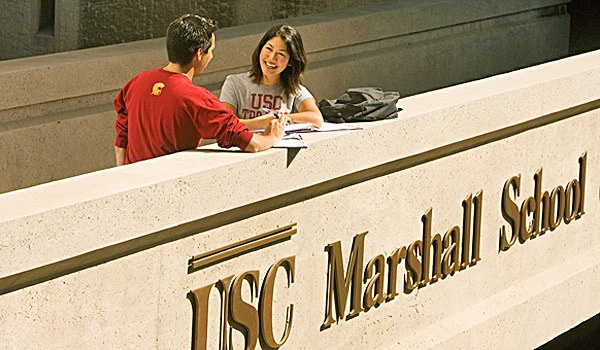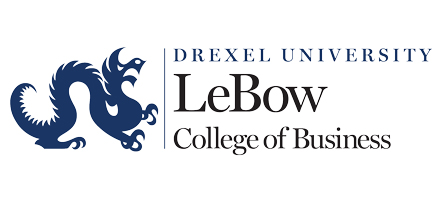
.
11. University of Southern California
Marshall School of Business
630 Childs Way
Popovich Hall 308
Los Angeles, CA 90089
Admissions: 213-740-7846
Email: marshallmba@marshall.usc.edu
Website: http://www.marshall.usc.edu/emba/
Apply Online: http://www.marshall.usc.edu/embaadmissions/
When you ask graduates of Marshall’s Executive MBA program what they most like about the experience, they will inevitably bring up not the courses or their classmates–but rather the amazing strength of USC’s Trojan alumni network. Many schools are eager to promote the value of their networks, but few can deliver the goods as well as the University of Southern California. If you’re not familiar with the university, it’s an asset you might not fully appreciate.
No wonder the school attracts some high-powered candidates into the program. The average base salary of an EMBA student at Marshall is $172,000 and about one in four already have advanced degrees. Many–21%–are from the high-tech industry. The Trojan network is a big draw in the L.A. metro area: 75% of Marshall’s EMBA students live within 45 miles of the school and therefore can take full advantage of those networking opportunities.
The Marshall Executive MBA Program is designed for senior managers and seasoned professionals. Classes are offered on USC’s University Park Campus in Los Angeles and the school’s new EMBA San Diego Program at the La Costa Executive Learning Center in Carlsbad, California.
The curriculum focuses on ten integrated themes that parallel managerial situations facing executives. Some of these themes include top management perspective, evaluating market performance, dynamics of global competition, and executive of the future. All participants attend an off-site international session that provides a global perspective.
Classes in Los Angeles and San Diego meet bi-weekly on Fridays and Saturdays from 8:45am to 4:30pm. The program is completed in 21 months.
Application Deadline: Rolling admissions
Latest Up-to-Date Executive MBA Rankings:
2011 U.S. News & World Report: 11
2010 The Wall Street Journal: 4
Rankings Analysis: Marshall’s Executive MBA program slipped one notch in the new PoetsandQuantsforExecs’ 2012 ranking, dropping out of our top ten list to number 11. The school effectively switched places with Duke University’s Fuqua School of Business. The main reason for the drop? A weaker showing in BusinessWeek’s biennial survey of Executive MBA programs. BusinessWeek, which ranks programs on the basis of a graduate satisfaction survey and a reputation poll of EMBA directors, ranked Marshall eighth in 2011, down three places from its fifth-place showing in 2009, the last time BW took a detailed look at EMBA programs. The school also lost one spot in the 2011 Financial Times’ ranking, slipping to 32nd in the world from 31st in 2010.
Despite the slippage in the BusinessWeek survey, the school did fairly well in the latest graduate satisfaction school, scoring fifth best among all the programs for which BW surveyed grads. It was 11th in the EMBA program director poll, which accounts for the school’s weaker finish. Most grads heap high praise on the strength of USC’s Trojan alumni network. As one Class of 2011 grad told BusinessWeek, “The power of the alumni at USC is hands down, no comparison. USC offers an online directory with email and phone numbers of all current and former students including the companies they work for and the positions held. I have ‘cold called’ many SC students and have always received 100% support on anything I needed. The power of the alumni and the tools to keep the network together are amazing.”
Application Fee: $150
2012 Tuition & Fees: $114,00, up from $111,000 in 2011
Average Months of Work Experience: 182
GMAT Required: No. Academic transcripts are reviewed.
Acceptance Rate: 73%
Enrollment: 330
International: 14%
Female: 16%
African-American: 5%
Asian: 25%
Hispanic/Latino: 5%
Mean Age: 37
Classes Meet: Alternate weekends
Length of Program: 21 months
Students From These Sectors:
- Consulting: 5%
- Consumer Products: 8%
- Financial Services: 11%
- Government: 6%
- Manufacturing: 8%
- Media/Entertainment: 8%
- Non-Profit: 8%
- Petroleum/Energy: 4%
- Pharmaceutical/Biotechnology/Health Care: 9%
- Real Estate: 6 %
- Technology: 21%
- Other: 6%




